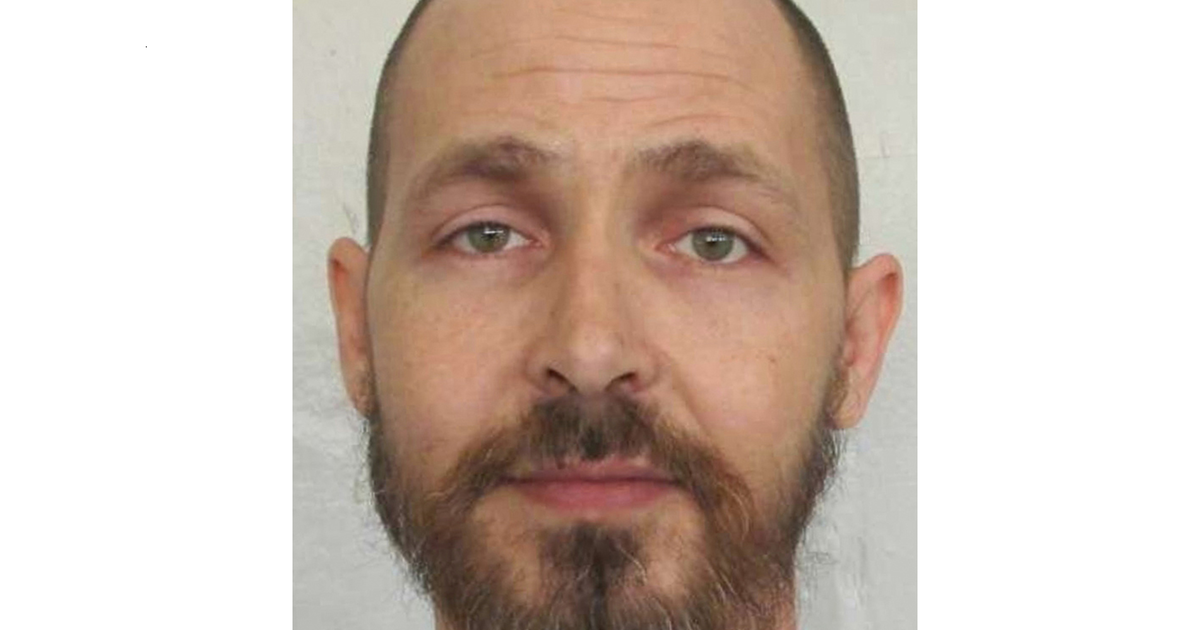Alabama’s governor has set a Nov. 21 execution date for what is scheduled to be the nation’s third death sentence carried out by nitrogen gas.
Gov. Kay Ivey set the execution date for Carey Dale Grayson, 49, after the Alabama Supreme Court last week ruled that it could take place. Grayson was one of four teenagers convicted in the 1994 killing of 37-year-old Vickie Deblieux in Jefferson County.
Alabama executed Kenneth Smith in January in the nation’s first nitrogen gas execution. A second execution via nitrogen gas is set for Sept. 26 for Alan Eugene Miller. Miller recently reached a lawsuit settlement with the state over the execution method.
Alabama is seeking to carry out the additional nitrogen execution while disagreement continues over what happened at the first one.
Nitrogen hypoxia is a process in which either pure nitrogen gas or nitrogen gas at concentrations high enough to be lethal is inhaled until the person dies of asphyxiation. Veterinarians have refused to use nitrogen asphyxiation to euthanize animals because of its “distressing” effects and potential risks to people around.
Smith shook for several minutes on the death chamber gurney as he was put to death Jan. 25. While Alabama Attorney General Steve Marshall described the execution as “textbook,” lawyers for inmates said it was the antithesis of the state’s prediction that nitrogen would provide a quick and humane death.
Grayson has an ongoing lawsuit seeking to block the state from using the same protocol that was used to execute Smith. His attorneys argued the method causes unconstitutional levels of pain and that Smith showed signs of “conscious suffocation.”
After Smith’s execution, Marshall said, “As of last night, nitrogen hypoxia as a means of execution is no longer an untested method. It is a proven one.”
Marshall said at the time that 43 other death row inmates in Alabama have requested execution by nitrogen hypoxia.
Matt Schulz, an assistant federal defender who is representing Grayson, last week said they are disappointed that the execution was authorized before the federal courts “have had a chance to review Mr. Grayson’s challenge to the constitutionality of Alabama’s current nitrogen protocol.”
Earlier this month, Miller reached a “confidential settlement agreement” with the state to end his lawsuit over the specifics of the state’s nitrogen gas protocol. A spokesperson for the Alabama Department of Corrections declined to comment on whether the state is making procedural changes for Miller.
Grayson was charged with torturing and killing Deblieux on Feb. 21, 1994. Prosecutors said Deblieux was hitchhiking from Tennessee to her mother’s home in Louisiana when four teenagers, including Grayson, offered her a ride. Prosecutors said they took her to a wooded area, attacked and beat her and threw her off a cliff. The teens later mutilated her body, prosecutors said.
Grayson, Kenny Loggins and Trace Duncan were all convicted and sentenced to death. However, Loggins and Duncan, who were under 18 at the time of the crime, had their death sentences set aside after the U.S. Supreme Court in 2005 banned the execution of offenders who were younger than 18 at the time of the crime. Grayson was 19.
The fourth teenager was sentenced to life imprisonment.
